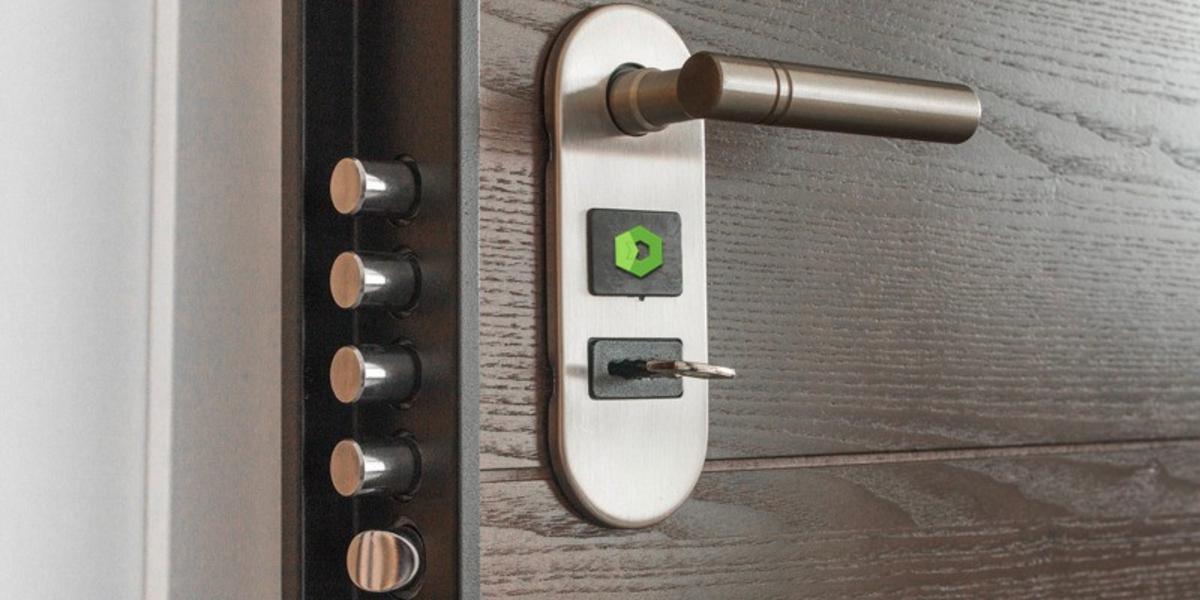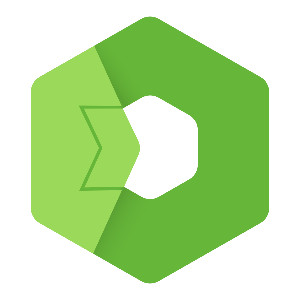After reading you won't need any authorization module for your web applications, just learn from this blog post and you will have everything under control.
Create a definition file e.g. /definitions/auth.js:
// This object will contain all online users (their sessions)
const ONLINE = {};
// Cookie name
const COOKIE = '__user';
// A secret for encryption
const SECRET = 'js.latoT';
// Session expiration
const EXPIRE = '20 minutes';
// Total.js authorize delegate is executed on each request with except for a request to a static file
F.onAuthorize = function(req, res, flags, callback) {
var cookie = req.cookie(COOKIE);
// Check the cookie length
if (!cookie || cookie.length < 20)
return callback(false);
// Decrypt the cookie value
cookie = F.decrypt(cookie, SECRET);
if (!cookie)
return callback(false);
// Look into the session object whether the user is logged in
var session = ONLINE[cookie.id];
if (session) {
// User is online, so we increase his expiration of session
session.ticks = F.datetime;
return callback(true, session);
}
// Session doesn't exist here, so we try to sign-in user because we have his ID
var sql = DB();
sql.select('user', 'tbl_user').make(function(filter) {
filter.where('id', cookie.id);
filter.where('blocked', false);
filter.where('confirmed', true);
filter.where('removed', false);
filter.first();
// User session will contain these properties:
filter.fields('id', 'name', 'photo');
});
sql.exec(function(err, response) {
// Check whether the user exists in DB
if (err || !response.user) {
// If not, then remove the cookie
res.cookie(COOKIE, '', '-1 day');
return callback(false);
}
var user = response.user;
// We have the user so we can set the current timestamp (for his expiration)
user.ticks = F.datetime;
// Create a session
ONLINE[user.id] = user;
// Authorize the user
callback(true, user);
});
};
// A simple service cleaner for expired sessions
F.on('service', function(counter) {
// Clean session each 5 minutes
if (counter % 5 !== 0)
return;
var sessions = Object.keys(ONLINE);
// Set 'ticks' to -20 minutes from now
var ticks = F.datetime.add('-' + EXPIRE);
for (var i = 0, length = sessions.length; i < length; i++) {
var session = ONLINE[sessions[i]];
// Sessions will be removed when are older than "-20 minutes"
if (session.ticks < ticks)
delete ONLINE[sessions[i]];
}
});
// A simple login method for creating an auth cookie
F.userlogin = function(controller, id) {
var user = {};
user.id = id;
user.ticks = F.datetime.getTime();
// We can add another security elements e.g.: User-Agent, IP address, etc.
// user.ip = controller.ip;
controller.cookie(COOKIE, F.encrypt(user, SECRET), '7 days');
return F;
};
// The method removes auth cookie
F.userlogoff = function(controller) {
controller.cookie(COOKIE, '', '-1 day');
return F;
};
exports.install = function() {
// Unauthorized
F.route('/login/', login, ['unauthorize', 'post']);
// Authorized
F.route('/logoff/', logoff, ['authorize']);
F.route('/account/', account, ['authorize']);
};
function login() {
var self = this;
// Only what we need is a user ID
// We have to obtain it from e.g. database
var iduser = 1;
// The method below creates an authorization cookie
F.userlogin(self, iduser);
// Redirect user to his account
self.redirect('/account/');
}
function logoff() {
var self = this;
// The method below removes an authorization cookie
F.userlogoff(self);
// Redirect a user to a login page
self.redirect('/login/');
}
// How to get the user session? It's easy:
function account() {
var self = this;
console.log(self.user);
// or view e.g. @{user.name}
self.view('account');
}


